The Collaborative Law process requires a shared commitment to avoid litigation. The process involves a series of informal discussions and joint meetings for the purposes of settling all issues known as “four way” meetings as they involve the couple and their Collaboratively trained lawyers. Each party and his or her lawyer will need to sign an agreement stating a mutual aim to reach a fair and equitable settlement and as importantly not to go to court other than with agreement and by consent.
Why choose Collaborative Law?
• You can focus on what is important to you and resolve matters quickly.
• If there are children they can benefit as the process will focus on the children first. You can achieve a more flexible and creative solution adapted to your needs.
• The process is straightforward and eliminates the opportunity for misunderstanding.
• The goal is to enhance communication through the process and to lay the foundations for a healthy relationship afterwards.
• Where there are children it can provide a very powerful message as the children will see their parents resolving differences constructively together.
• The process is confidential.
-
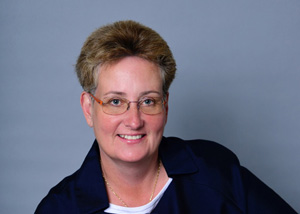
Jo O’Sullivan
Collaborative Lawyer & Mediator
-
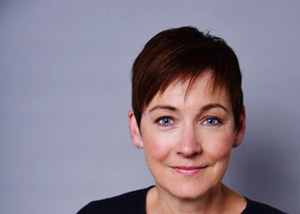
Lynne Passmore
Collaborative Lawyer & Mediator
-

Thomas Brownrigg
Collaborative Lawyer & Mediator
-

Lisa Burton-Durham
Collaborative Lawyer
-
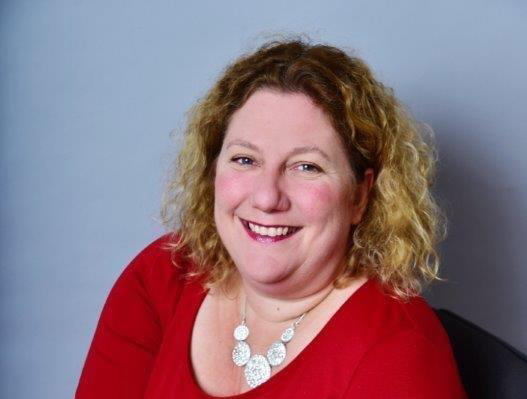
Julia Dyson
Collaborative Lawyer & Mediator
-
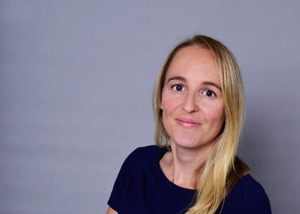
Gemma Hope
Collaborative Lawyer & Mediator
-

Julian Hunt
Collaborative Lawyer
-

Sarah Jelly
Collaborative Lawyer & Mediator
-
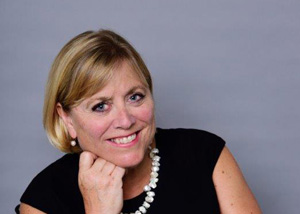
Sue Knight
Collaborative Lawyer & Mediator
-
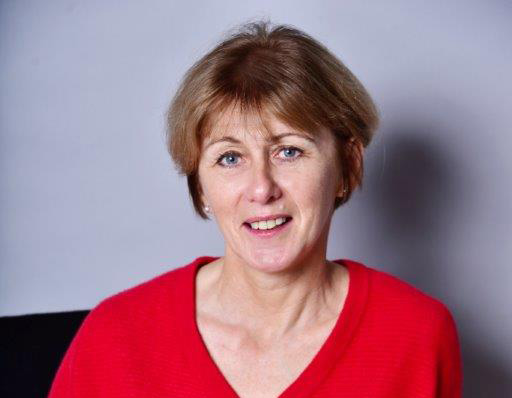
Linda Lamb
Collaborative Lawyer & Mediator
-

Sarah-Jane Riddell
Collaborative Lawyer & Mediator
